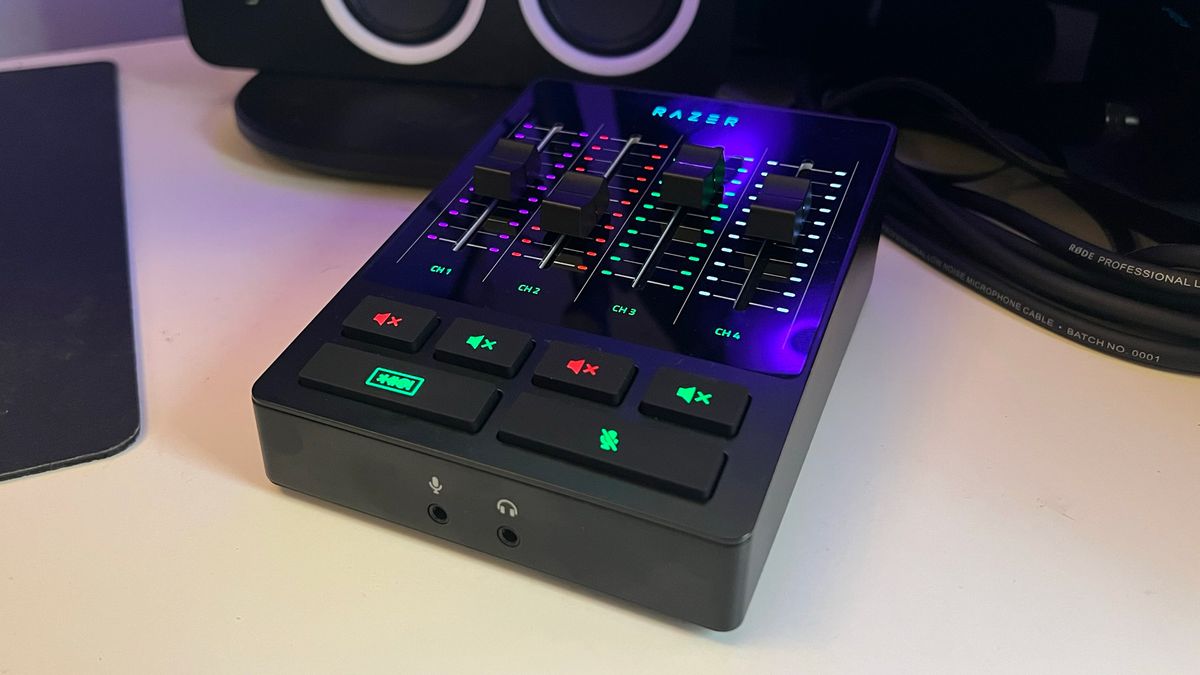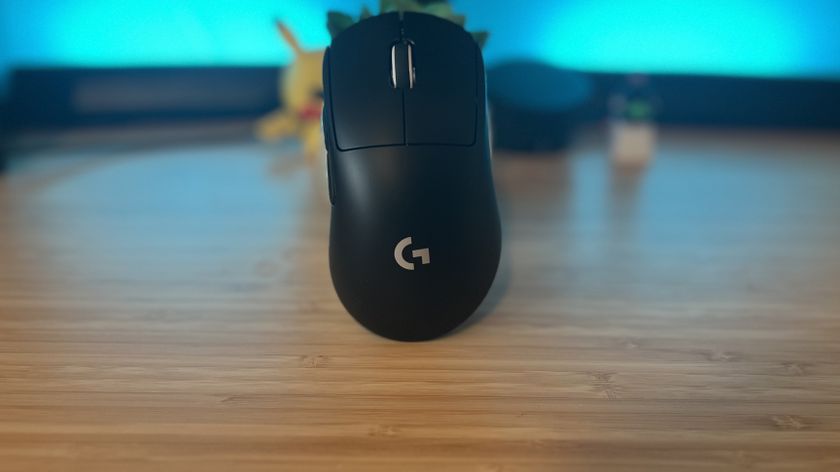12DOVE Verdict
A high quality, high price audio mixer that ticks all the boxes
Pros
- +
High build quality
- +
Solid native software
- +
Customisable RGB
Cons
- -
Expensive
- -
Non-motorised faders
Why you can trust 12DOVE
Continuing its expansion beyond gaming hardware, the Razer Audio Mixer is the brand’s latest move in the streaming for gamers space. It already makes some of the best gear for creators and now they’re looking beyond beginner setups. The Audio Mixer is a step-up for those looking to give a more professional edge to their content.
With four audio channel faders and an XLR input, the Audio Mixer is Razer’s answer to the popular GoXLR Mini. In fact, bar two missing corners and a different logo at the top, they’re practically the same device. So with an established leader already in the game, should you be taking the Razer route?
Design & features
Straight out of the box the Audio Mixer looks right at home in the Razer streaming line-up. It’s black, it’s shiny, and it’s got RGB lighting. What more could you want? But generally, it really is a smart-looking unit and the build quality feels premium across the board.
Across the front face are four faders, each tied to a customisable audio channel. The sliders are smooth with a pleasant amount of resistance and even after a couple of weeks, I'm still getting an unnecessary amount of enjoyment from changing volume. There’s just something so joyful about physical volume controls, I don’t know why, but I love it.
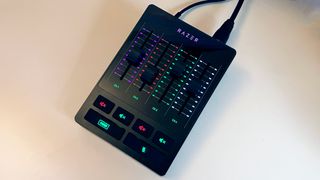
They aren’t motorised though, so the faders won’t react to changes you make on the software side and won’t dive to the bottom when you hit the mute button. That’s a shame and feels like a bit of an oversight for a device with such a premium price point, particularly when it’s a feature of the far cheaper GoXLR Mini. The result is second-guessing whether my levels were accurate half the time, or big jumps when the physical faders overrode the software. It’s a minor thing, perhaps, but it does start to defeat the purpose of a physical mixer.
The rubber buttons underneath are tactile and silent with LED status lights built-in. There is a bit of a wobble to the two larger beep and mute buttons though, which meant it was possible to feel like you’d pressed it without actually firing off an action.
Of course, it wouldn’t be a Razer product without a good chunk of customisable RGB lighting and there’s a range of options on offer with the Audio Mixer. Synapse provides control of everything from the Razer logo to animating the fader level lights. It all works neatly within the ecosystem so those with a Razer-heavy setup already will appreciate the harmony.
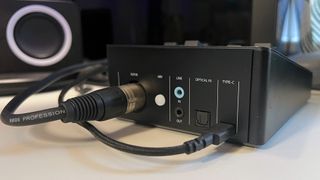
Performance
As an XLR audio interface, it performs well and does it without a fuss. Pairing it with the RØDE PodMic was simple and there was no noticeable difference in sound quality compared to RØDE’s own AI-1 mixer.
On top of managing your audio channels, Razer Synapse offers a handful of preset EQ and voice-changing options. They’re a nice extra to have, though the voice changers are rather basic and you’ll likely find better options with a dedicated app.
Customising which audio channel each fader represents is intuitive and easy to manage, but if this is your first time dividing your output you’ll need to set aside a bit of time to get everything lined up. The Razer Audio Mixer uses Windows’ sound mixer to handle which program sends audio to which channel. It’s a functional if not slightly clunky system, but once you’ve set it up once it shouldn’t need much management moving forward.
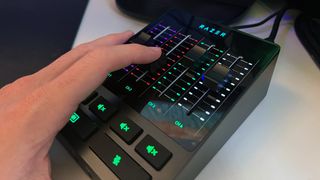
You’re out of luck without an XLR microphone though. While you can theoretically use a USB microphone with a 3.5mm auxiliary out, there’s just no value in it (let alone $250 / £250 worth of value). If you’re ready to upgrade to an audio mixer, you’re ready to upgrade to an XLR microphone for streaming.
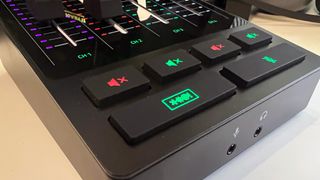
Overall - Should you buy it?
At the $250 / £250 mark, the Razer Audio Mixer is a pricey option, almost double the comparable and popular GoXLR Mini. In isolation, it holds its own with no glaring flaws and a lot to like. It delivers on everything it promises and has a good software solution to back it up.
Sat in the wider market however it probably isn’t the best value for money option, particularly if you’re shopping for a new microphone at the same time. For those already aligned with the Razer world, however, it’s a quality, professional addition to take your stream up a level.
How we tested the Razer Audio Mixer
I added the Razer Audio Mixer to my stream setup and ran it as my primary audio device for a number of live streams and general productivity work. I connected a RØDE PodMic via XLR and tested the audio quality through both OBS and Discord calls.
Complete your streaming setup with one of the best capture cards, and the best webcams.
Alex is a streamer who has been creating gaming content for over a decade, streaming on Twitch regularly across the last five years. With a degree in film and a background in sports media, you'll find him jumping between 60,000 seat stadiums and his Animal Crossing island (where he's growing pears, in case you were wondering).
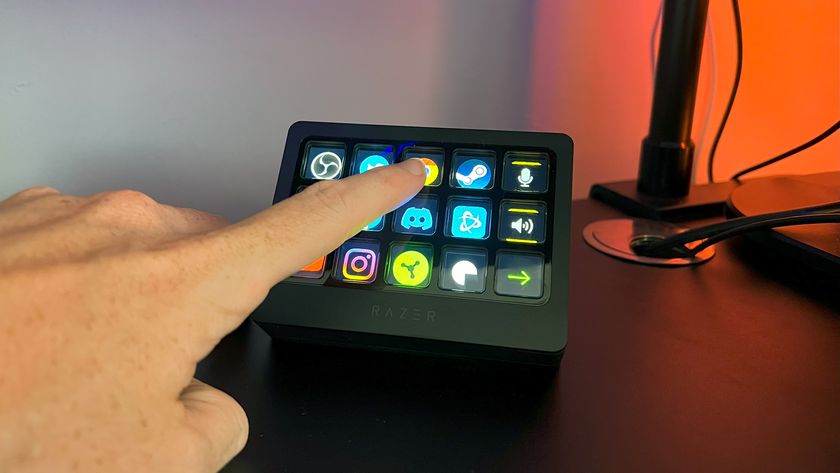
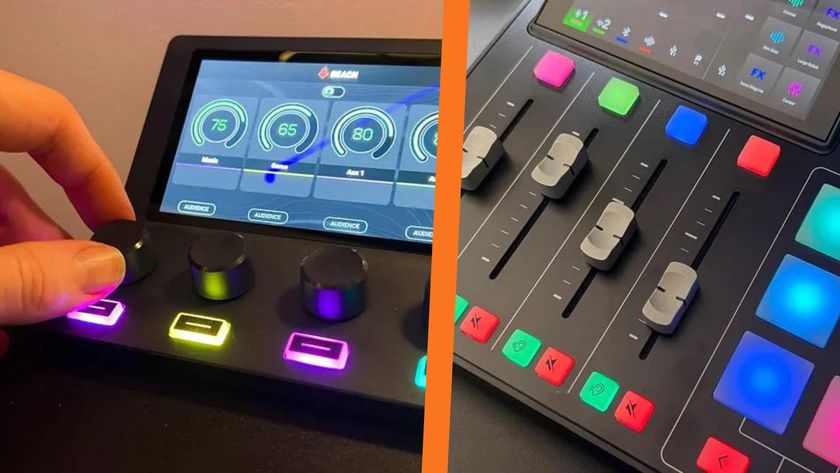
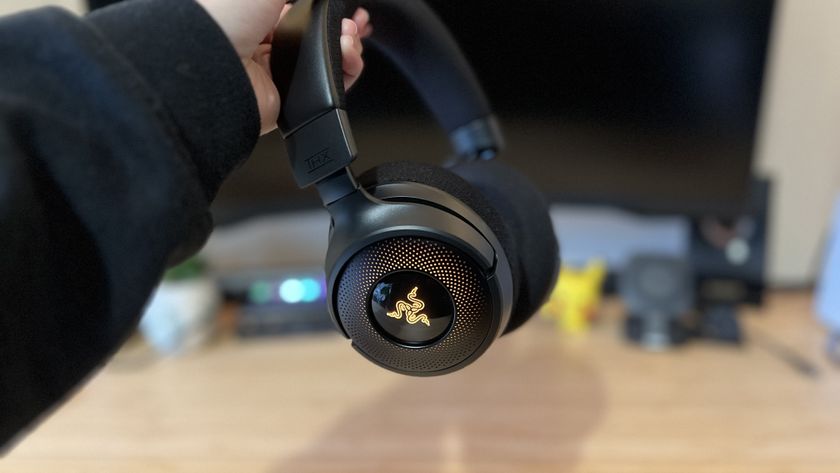
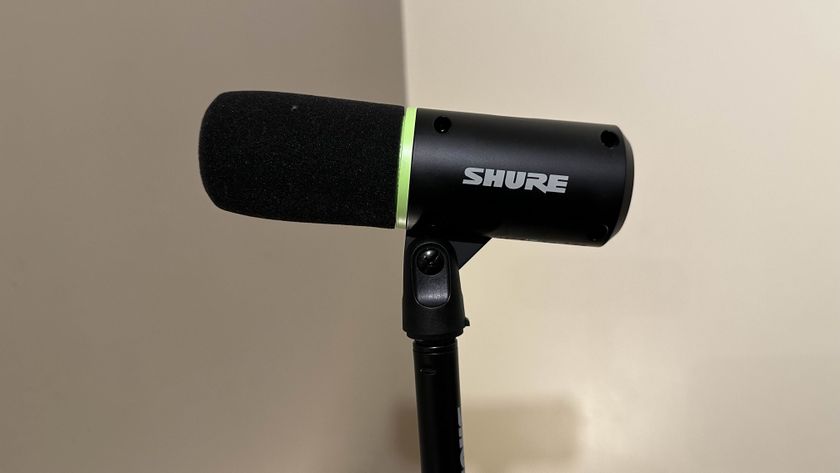
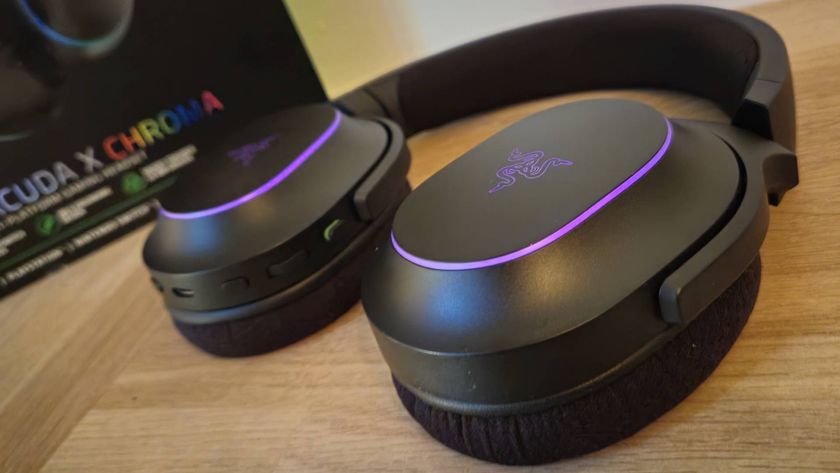
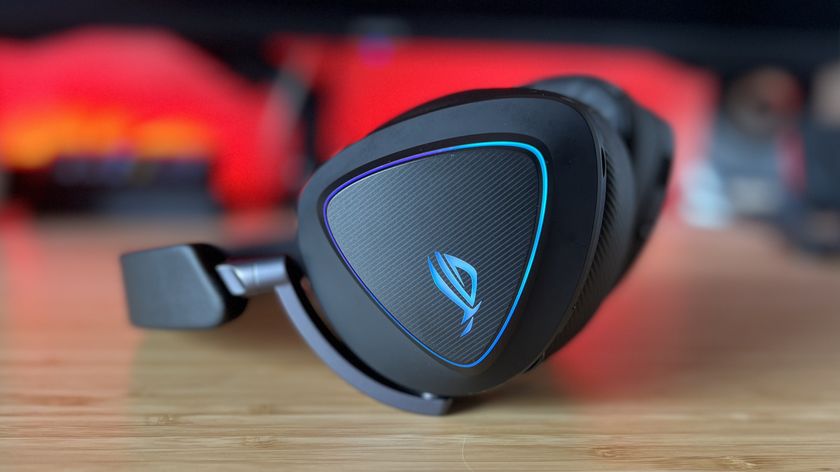
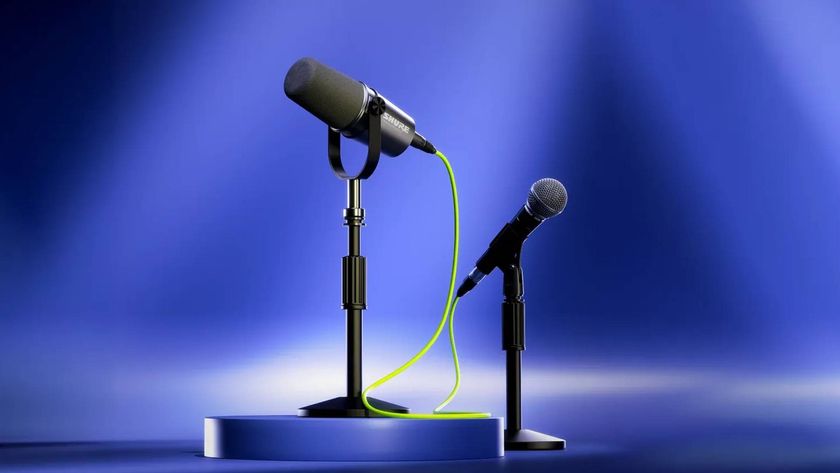
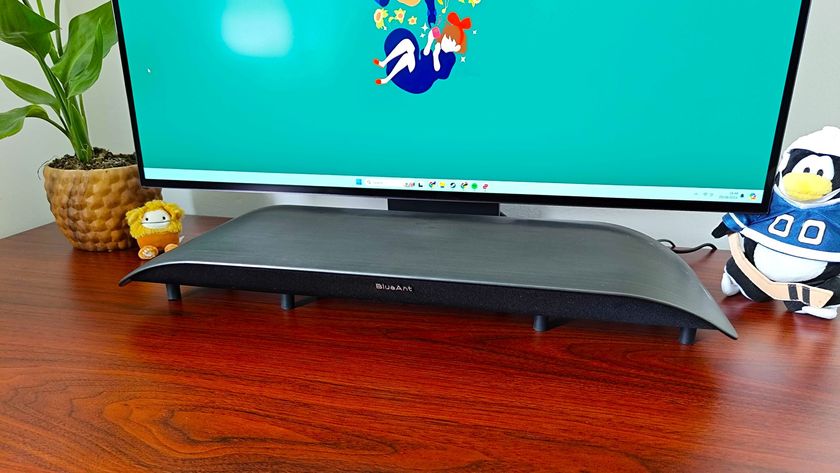
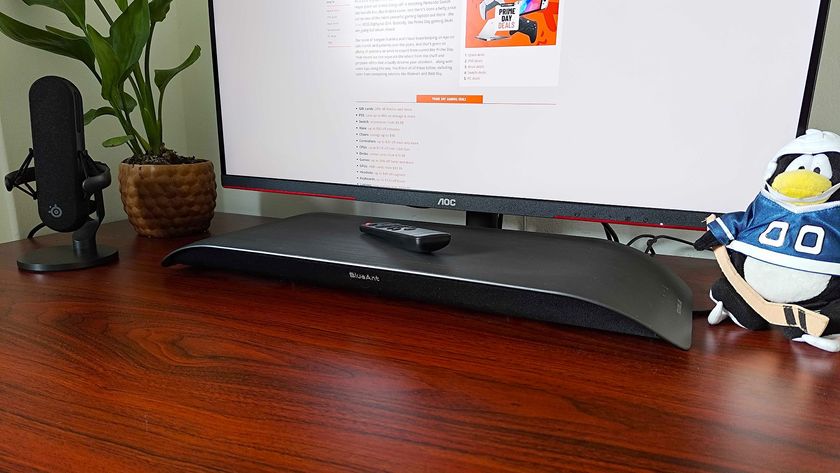
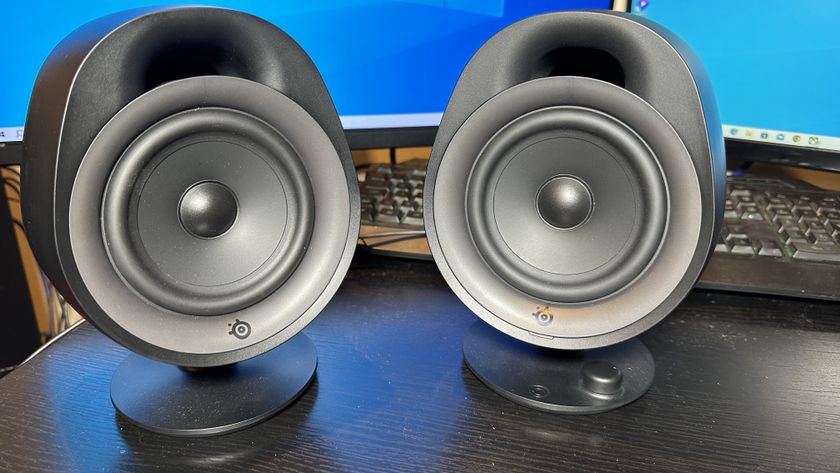
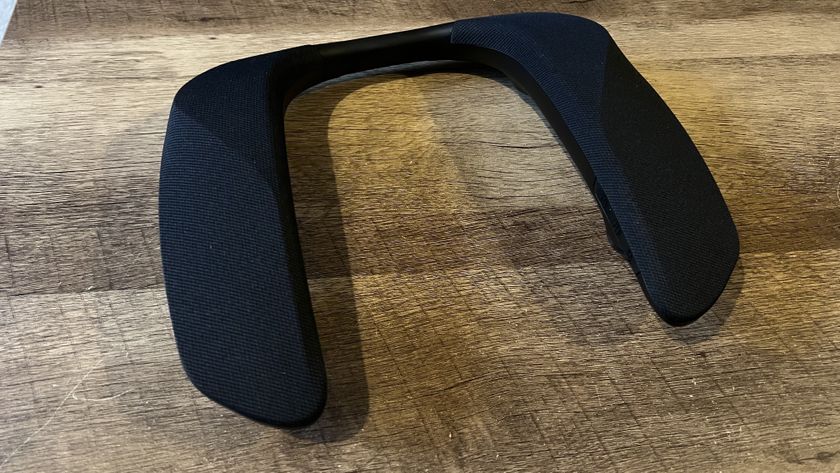
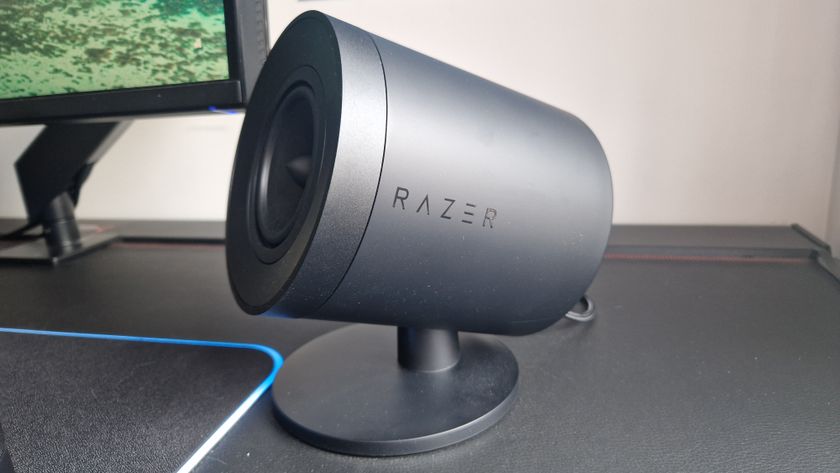



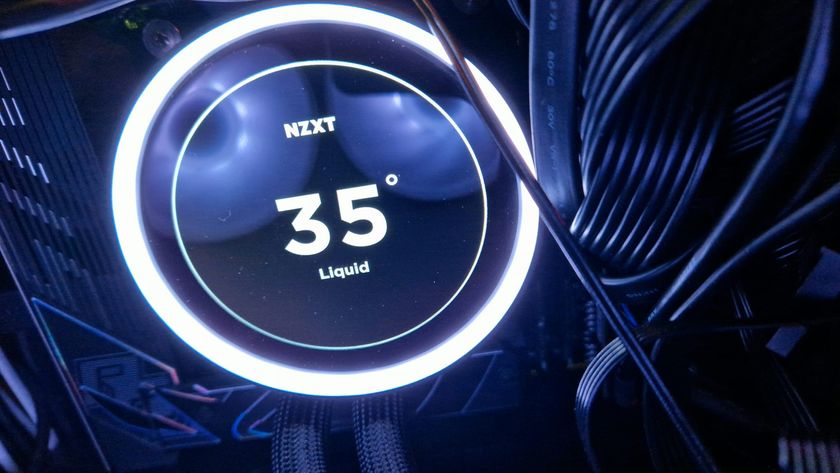
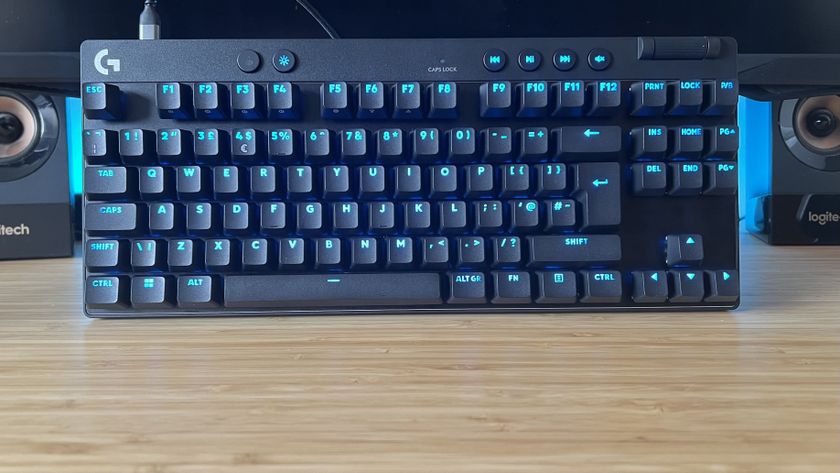


5 years after starting development, Neil Druckmann says Naughty Dog's new game Intergalactic: The Heretic Prophet is "still evolving and changing as we're making it"

After 2 years of silence, the next mainline Silent Hill game is getting a dedicated stream this week with "the latest news"

FC 25 FUT Birthday guide and full cards list
